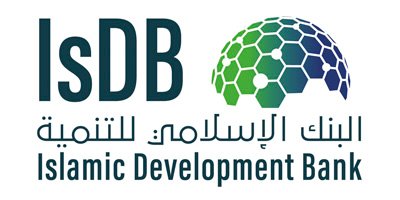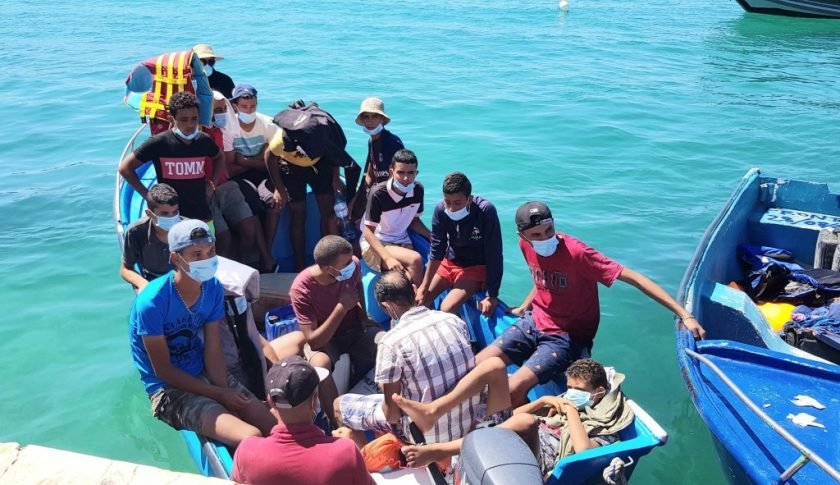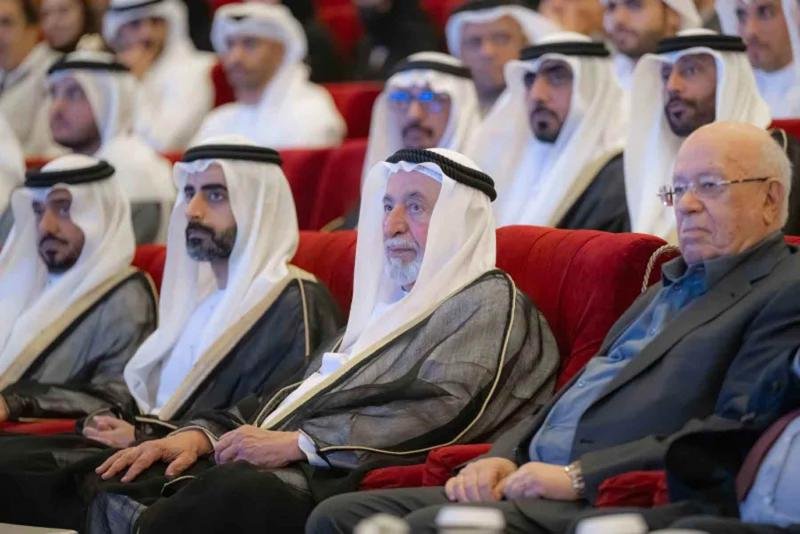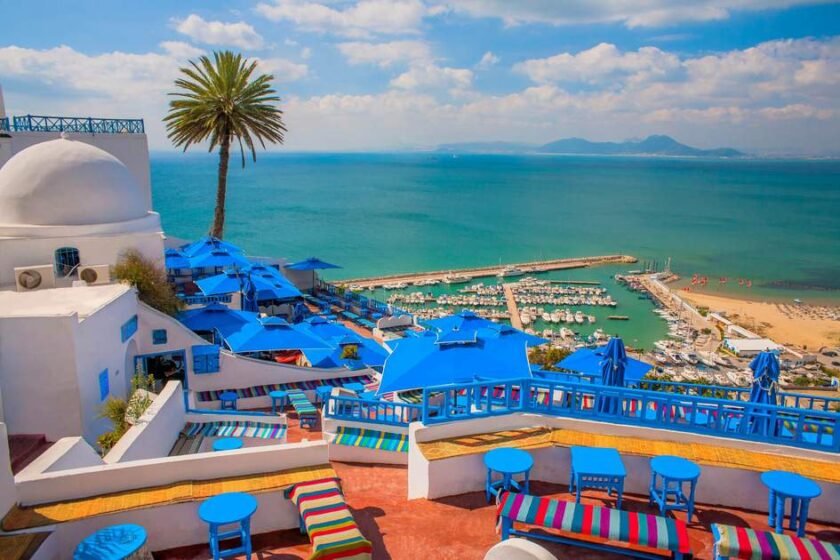The Board of Executive Directors of the Islamic Development Bank (IsDB) has greenlit a comprehensive package of development financing totaling $1.27 billion for 12 member countries across Asia, Africa, and the Middle East. The approvals were granted during the Board’s 362nd meeting, held on September 29, 2025, under the chairmanship of IsDB President, Dr. Muhammad Al Jasser.
The funding will support strategic projects in sectors including sustainable agriculture, renewable energy, transport, health, education, and water resources. A significant portion of the financing is allocated to major infrastructure projects, with Pakistan receiving the largest single allocation of $475 million for the construction of the M-6 motorway to enhance regional connectivity.
Other notable transport projects include a $192 million investment to upgrade a key road in Uzbekistan’s Jizzakh region and EUR 140 million in development financing for the Antalya–Alanya motorway in Türkiye, aimed at easing congestion and improving road safety.
In the energy sector, Bangladesh was approved for $143.28 million to develop the 220 MW Sonagazi Solar Power Project, which will also support livelihood improvements in local communities. Significant health and agriculture investments were also confirmed, including $36.80 million for regional oncology centers in Uganda and $50 million to strengthen climate-resilient agriculture in Nigeria’s Yobe State.
Further approvals will support critical development initiatives across Africa and the Middle East. Tunisia will receive EUR 30 million to reinforce its water supply infrastructure, while Senegal was allocated EUR 36.51 million for a national school meals program. The Republic of Guinea secured EUR 32 million to complete the Boké–Québo road, stimulating economic activity in agricultural zones.
Beyond country-specific projects, the Board endorsed a $7 million allocation for “Tadamon 2.0,” a community empowerment program designed to extend digital literacy, healthcare, and Islamic finance services to vulnerable populations across member countries.
The diverse portfolio of projects reflects the Bank’s strategic commitment to fostering inclusive growth, building resilient infrastructure, and improving essential services for millions of people in its member nations.
TunisianMonitorOnline (Douha Essafi)




